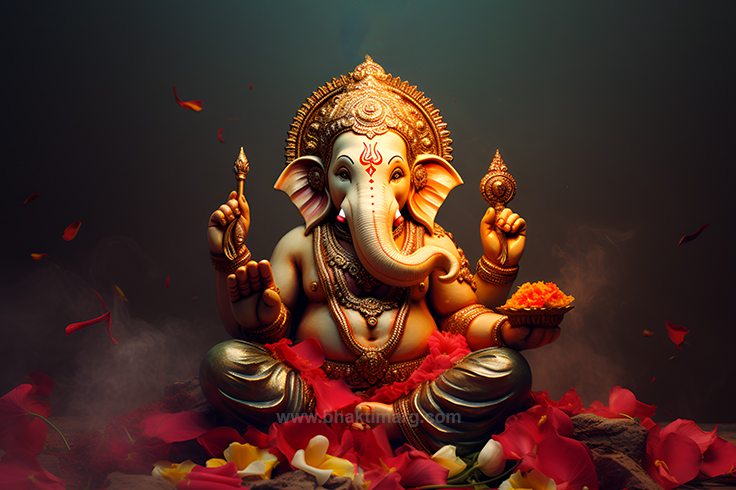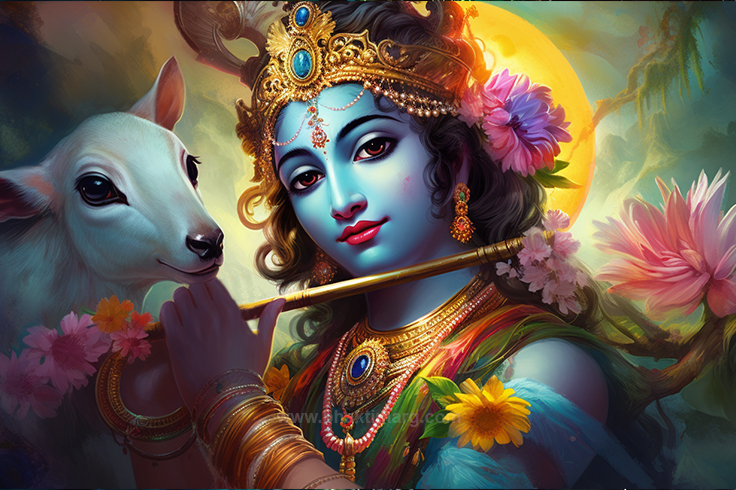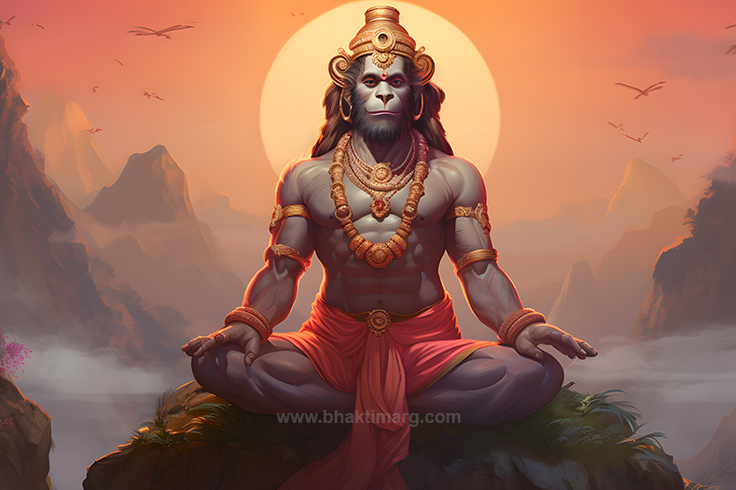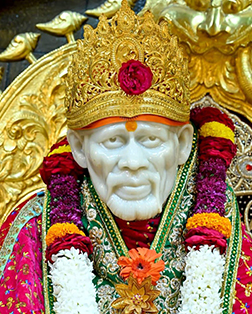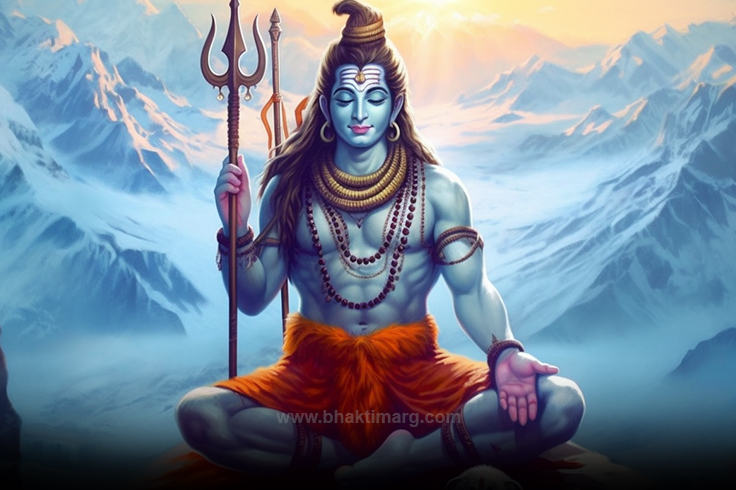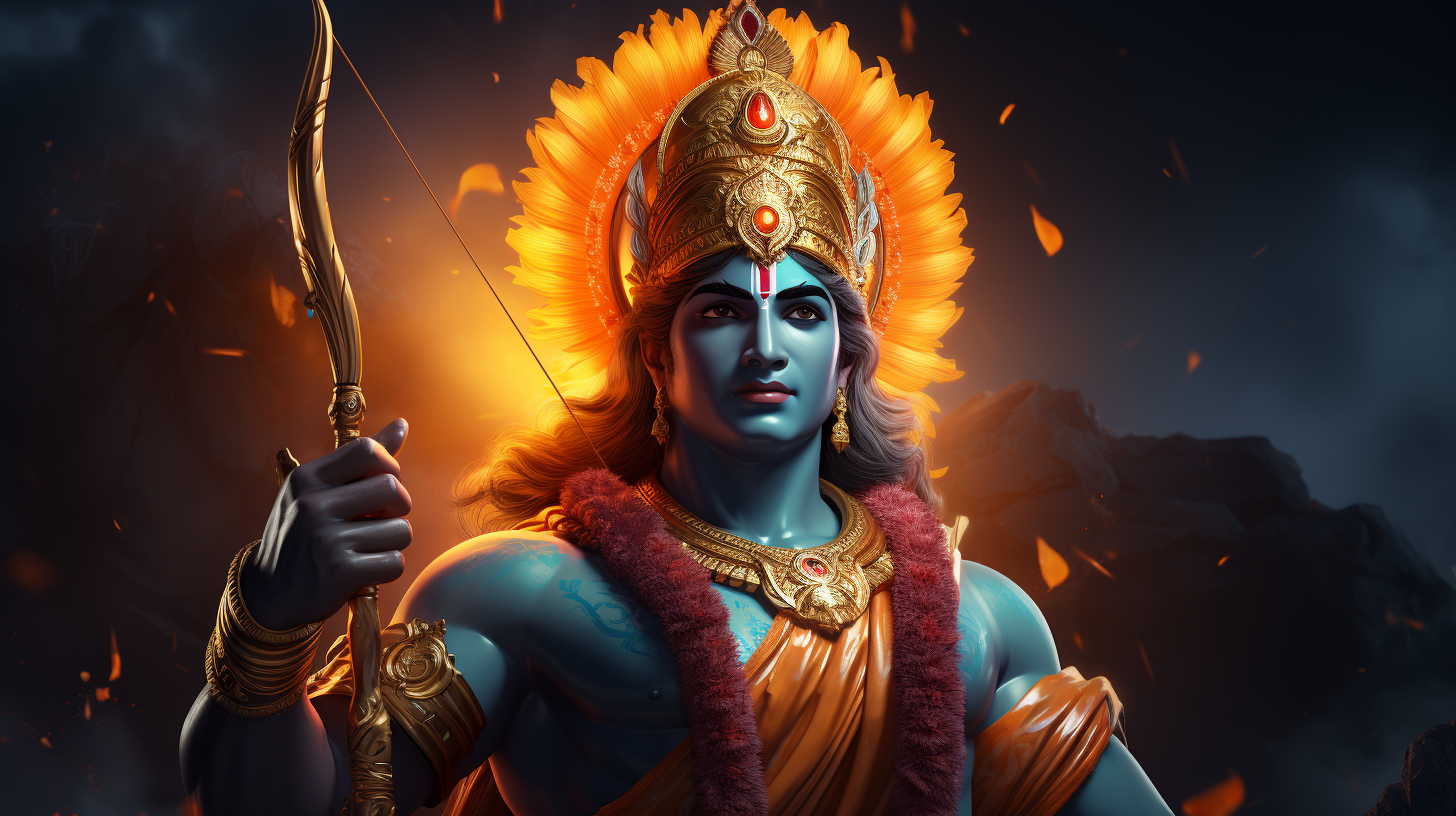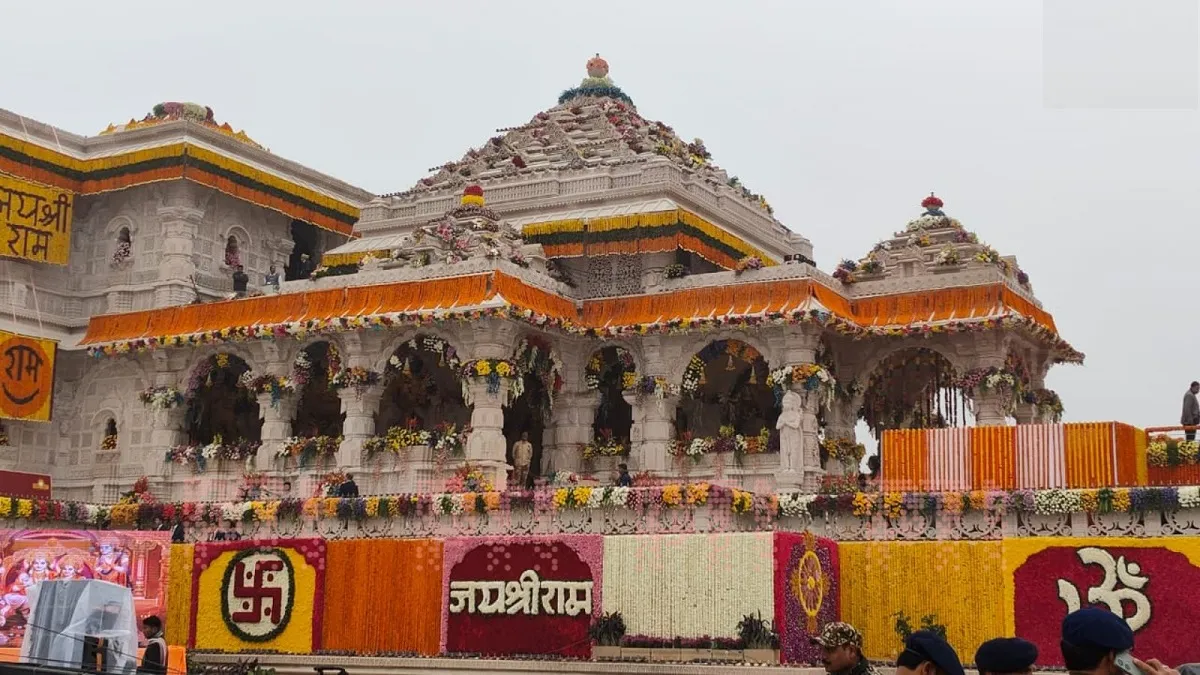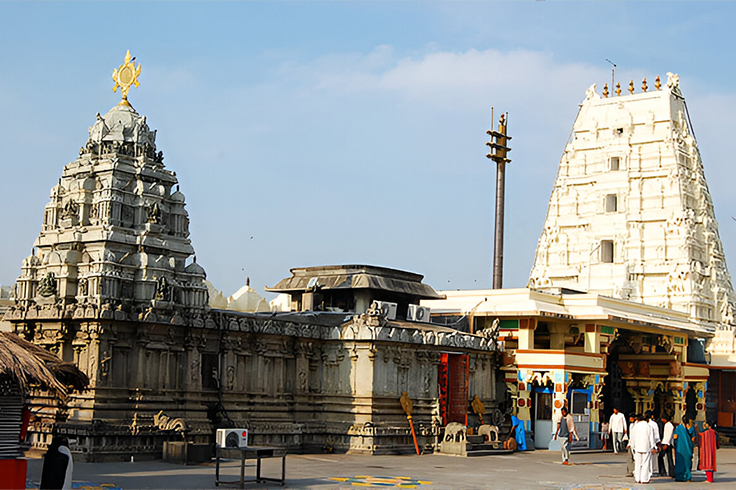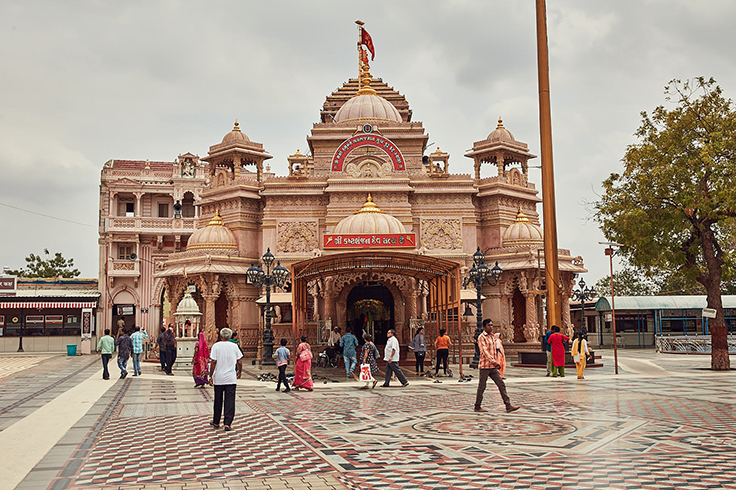Shri Shiv Chalisa Lyrics in English
|| Doha ||
!! Jai Ganesha Girija suvan mangal mul sujaan,
Kehat ayodhyadas tum deu abhae vardan,
Jai girijapati deendeyala sada karat santan pratipala,
Bhaal chandrama sohat niike kaanan kundal naagphani ke !!
!! Ang gaur shir gang bahaye mundmaal tan shaar lagaye,
Vastra khaal baghambar sohe chhavi ko dekh naag mann mohe,
Maina matu ki have dulari baam ang sohat chhavi nyari,
Kar trishul sohat chhavi bhari karat sada shatrun shayakari !!
!! Nandii ganesha sohain tahu kaise sagar madhya kamal hai jaise,
Kartik sham aur ganrau ya chhavi kau kahi jaat na kau,
Devan jabhi jai pukara tabhi dukh prabhu aap nivara,
Kiya updrv tarak bhari devan sab mili tumhi juhari !!
!! Turat shadenan aap pathau lava nimesh maha mari girau,
Aap jalandhar asur sahara suyesh tumhaar vidit sansara,
Tripurasur san yudh machai sabhi kripa kar leen bachai,
Kiya taphi bhagirath bhari purab pratigea tasu purari !!
!! Danin mahe tum sam kou nahi sevak stuti karat sadahi,
Ved mahi mahima tab gaai akath anadi bhed nahi paai,
Prakat udadhi manthan mein jvala jare surasur bhae vihala,
Kinhe daya tahe kari sahai nilakanth tab naam kahai !!
!! Pujan ramchandra jab kinha jeet ke lank vibhishan dinha,
Sahas kamal men ho rahe dhari kinhe pariksha tabhi purari,
Ek kamal prabhu rakheu joyi kamal neyan pujan chahe soi,
Kathin bhakti dekhi prabhu shankar bhae prasan die ichchita var !!
!! Jai jai jai anant avinashi karat kripa saba ke ghat vasi,
Dusht sakal nit mohi satave bhramat rahe mohi chain ni aave,
Trahi trahi main nath pukaro yeh avasar mohi aan ubaro,
Le trishul shatrun ko maro sankat se mohi aan ubaro !!
!! Mata pita bhrata sab koi sankat mein puchat nahi koi,
Swami ek hai aas tumhari aaye harhu abb sankat bhari,
Dhan nirdhan ko det sadahi jo koi janche so phal pahi,
Astuti kehi vidhi karo tumhari shamahu nath abb chuk hamari !!
!! Shankar ho sankat ke nashan mangal karan vigihn vinashan,
Yogi yati muni dhyan lagave sharad narad shish nivave,
Namo namo jai namo shivaye sur brahmadik paar na paye,
Jo yeh path kre mann lai ta par hot hain shambhu sahai !!
!! Raniyan jo koi ho adhikari path kare so pavan hari,
Putra heen ki ichcha koi nishchae shiv parsad tehi hoi,
Pandit trayodashi ko lave dhyan purvak hom karave,
Trayodashi vrat kare hamesha tann nahi take rahe kalesha !!
!! Dhup deep naivede chadhave shankar samukh path sunave
Janam janam ke paap nasave antvaas shivapur mein pave
Kahe ayodhya aas tumhari jani sakal dukh harhu hamari !!
|| Dohaa ||
!! Nitt neim pratahi path karo chalisa,
Tum meri manokamana purn karo jagdisha,
maggsar chathi hement rithu svat chosath jaan,
astut chalisa shive, puran keen kaleyan !!



